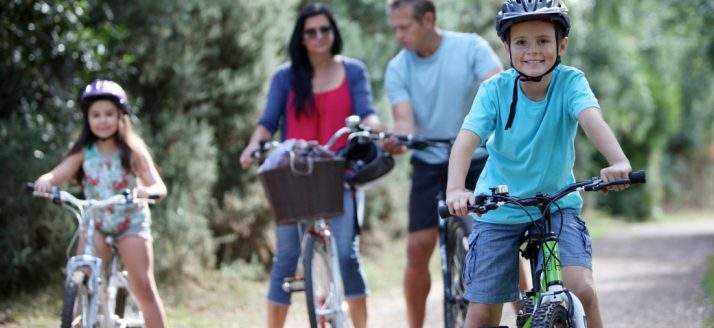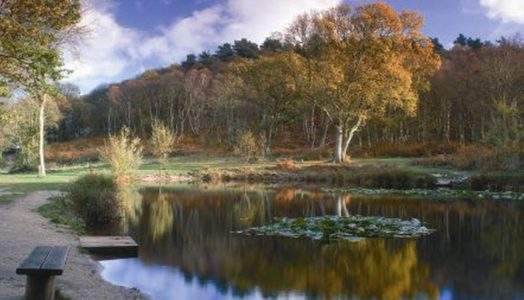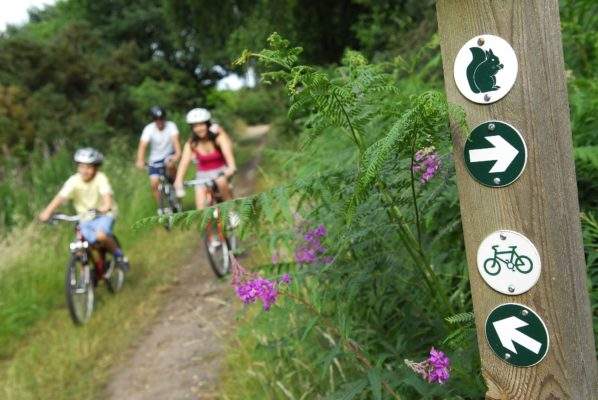Silver-studded Blue Butterflies And Bees
Read about the rare Silver-Studded Blue and how we try to help our bee population.
SILVER-STUDDED BLUE BUTTERFLIES (PLEBEJUS ARGUS)
We have a rare butterfly that calls Kelling Heath home - the Silver-studded Blue. The population of this stunning butterfly has declined throughout Britain and is now extinct in northern, central and southeast regions. The main reason for this decline is the loss of suitable heathland on which they depend, as much has been overplanted for forestry, ploughed for agriculture or left unmanaged in the last century.
Silver-studded Blues became extinct on Kelling Heath by the 1970s, mainly due to a lack of management. Following a study of heathlands in Norfolk by the Norfolk Wildlife Trust and English Nature, Kelling Heath was designated as a suitable place to reintroduce the butterfly with appropriate management.
In 2001, several adult butterflies were translocated from another site in Norfolk. Since then, the butterflies have been increasing in number and have spread into new areas. Each year, area management takes place to improve things for the butterflies and other heathland wildlife, and each year we have seen an increase in the numbers of Silver-studded Blues on the heath.
In 2013, 562 silver-studded blue butterflies were recorded on Kelling Heath, compared to 162 on the same day in 2012.
PROTECTING OUR BEE POPULATION
Bumblebees are among the more familiar insects but are under increasing threat due to changes in how the countryside is farmed. The number of species found in most of lowland Britain has halved since 1950, and three species have gone nationally extinct, with several more soon to follow unless we take action.
Bees feed exclusively on pollen and nectar, and there are now far fewer flowers in the countryside than there once were. Hedges are gone, marshes drained, and unimproved grasslands rich in wildflowers have been lost and replaced by silage and cereal fields.
There is also concern about the decline in honeybees, particularly from the Varroa mite, which is decimating colonies throughout the world. The fall in honeybee population is so dire that it is part of worldwide debate, including in our Houses of Parliament.
Bees make an important contribution to the sustainability of the countryside, contributing both to agriculture and horticulture and to biodiversity. They also produce honey and other hive products, and further losses will have serious implications on food production in the UK and worldwide.
At Kelling Heath, we will:
- Research the habitat required for bees to thrive and review how we can provide pockets of suitable habitat at Kelling Heath without compromising existing habitats.
- Interpret the threats to the bee population to visitors and show how we are attempting to reverse the decline.
- Provide simple guidance on how visitors can play their part in helping to preserve the bee population in their own gardens across Britain.






